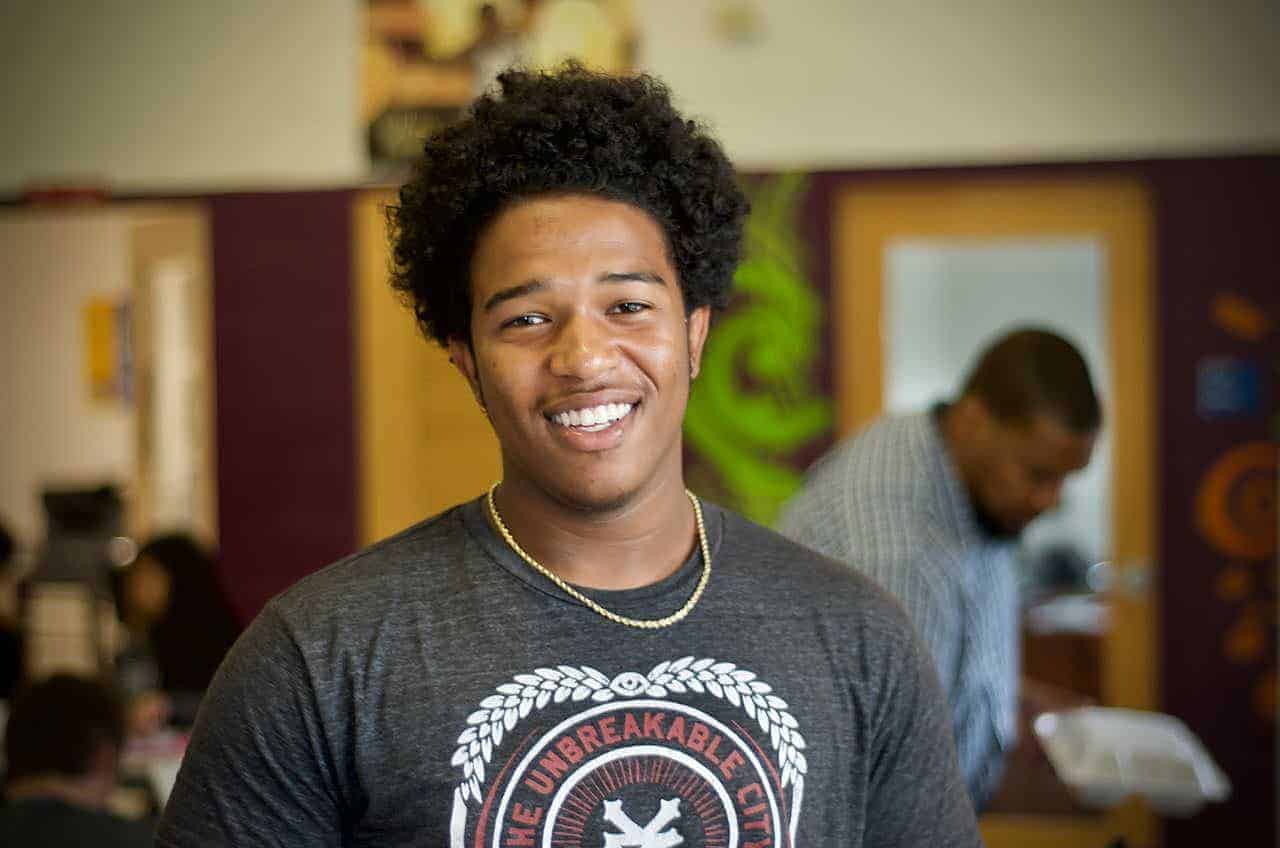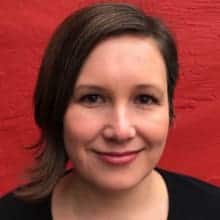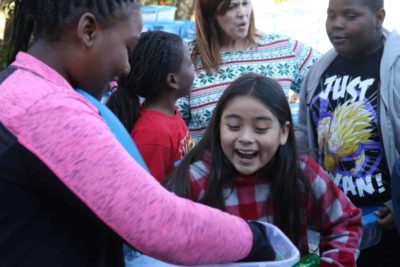“When I got suspended, it impacted me because school is where I eat breakfast and lunch, and I had to think about where I was going to get food.” These are the words of Dante, a sophomore reflecting on his suspension in a conversation with staff at Rebound, Alternatives for Youth.
In five years of supporting high school students on short term suspension, we have met hundreds of students who should not have done what they did at school. Some students come into the program with college acceptance letters, and others come in with ankle monitors.
Rebound, Alternatives for Youth runs a day program for high school students on short-term suspension. The program provides safe, supervised space for students to keep up with school while suspended, as well as think through ways to take responsibility and move forward from a mistake. In our daily work, we have come face to face with the reality that suspension removes from school the very students who already face obstacles in staying connected to their education.
Their choices at school notwithstanding, research and experience tell us that students who are suspended are among the most vulnerable in our school system. Suspensions, especially the 40 percent of repeat suspensions, are a clear warning sign of school dropout, juvenile justice involvement, and lack of employment. These are the young people who desperately need to be pulled closer at the time of a mistake.
Most of the students we see at Rebound are impacted by community-wide forces that have roots beyond the walls of the school where they were suspended. The student quoted above was living in a hotel room with siblings at the time of his suspension. For the past two years, we have started the school year by welcoming 9th grade males who got into fights, both of which occurred within months of the death of an immediate family member. Young women often report sexual assault or harassment in their past (or present).
One year, more than 50 percent of Rebound participants voluntarily revealed Adverse Childhood Experiences, such as abuse, parental incarceration, or witnessing community violence. Rebound participants have higher rates of free and reduced lunch than the district, and are often struggling to keep up academically. Most have working parents, many of whom struggle to help their children achieve a level of education that they may not have themselves.
Moreover, these individual root causes do not even begin to address the historical inequities that have left whole segments of our community in poverty and unable to afford even the basic necessities of school supplies and lunch, much less the varied life experiences that bring relevance to other students’ studies.
Changes in suspension numbers require systemic change within schools, and we are pleased that our school system has recently adopted a School Climate and Prevention Policy that applies responsibility for change to all parties, including the schools. We want our teachers to have access to training in racial equity and classroom management.
We need alternative options for students who make a mistake.
And our system is working hard to implement as much change as they can on tight public funding.
Community organizations like Rebound work to help systems address the large and complex issue of suspensions. In Durham, we are excited to see the growth in programs like Rebound, where city, county, courts, schools, churches, youth programs and individuals all collaborate to help our young people build resilience and recognize their strengths. We, in turn, rely on a wide network of agencies to help our students with next steps. The work needed simply cannot be achieved by any one agency.
The roots of alarming suspension numbers are deep, and have been growing for years. It will take all of us to untangle them.





